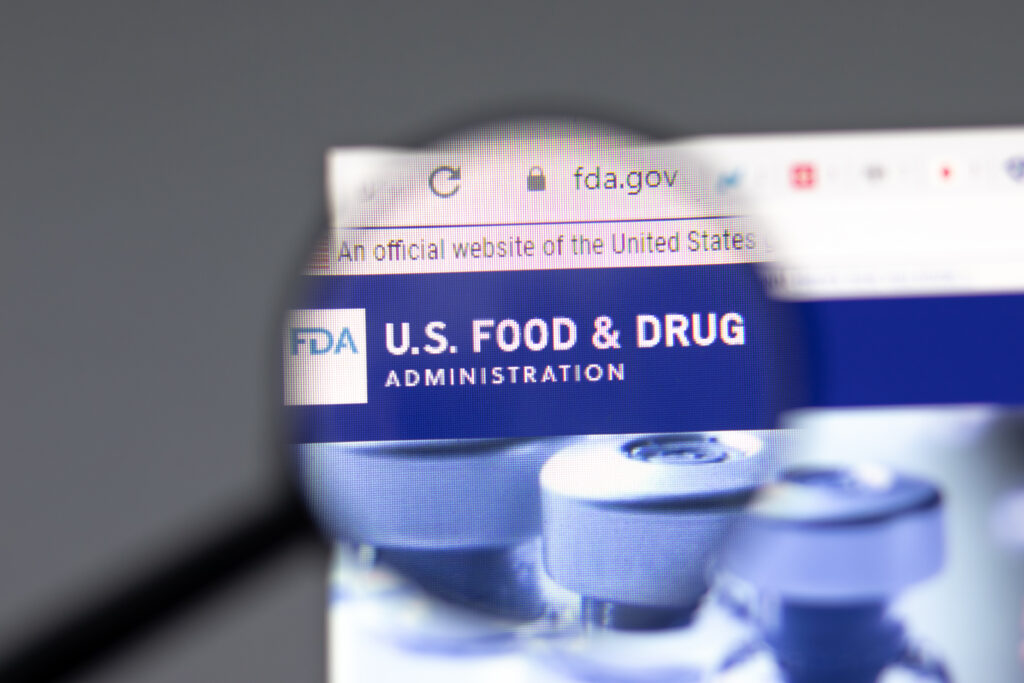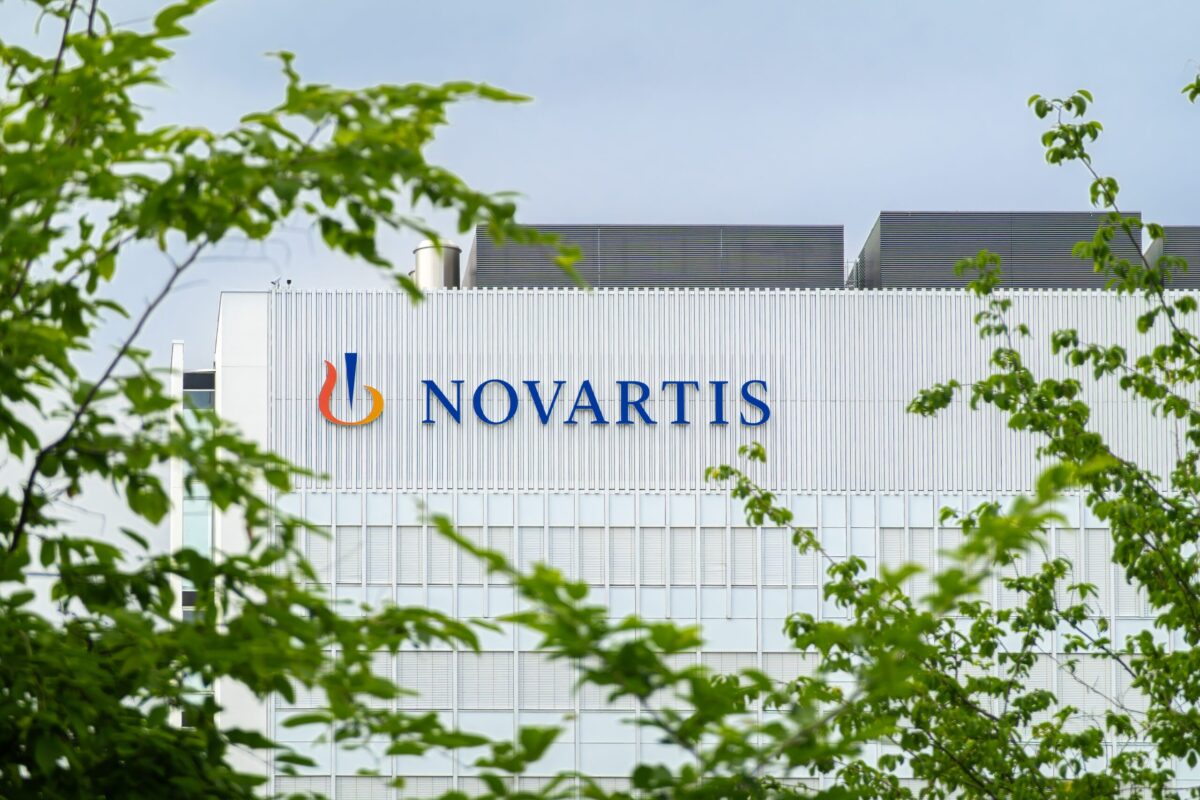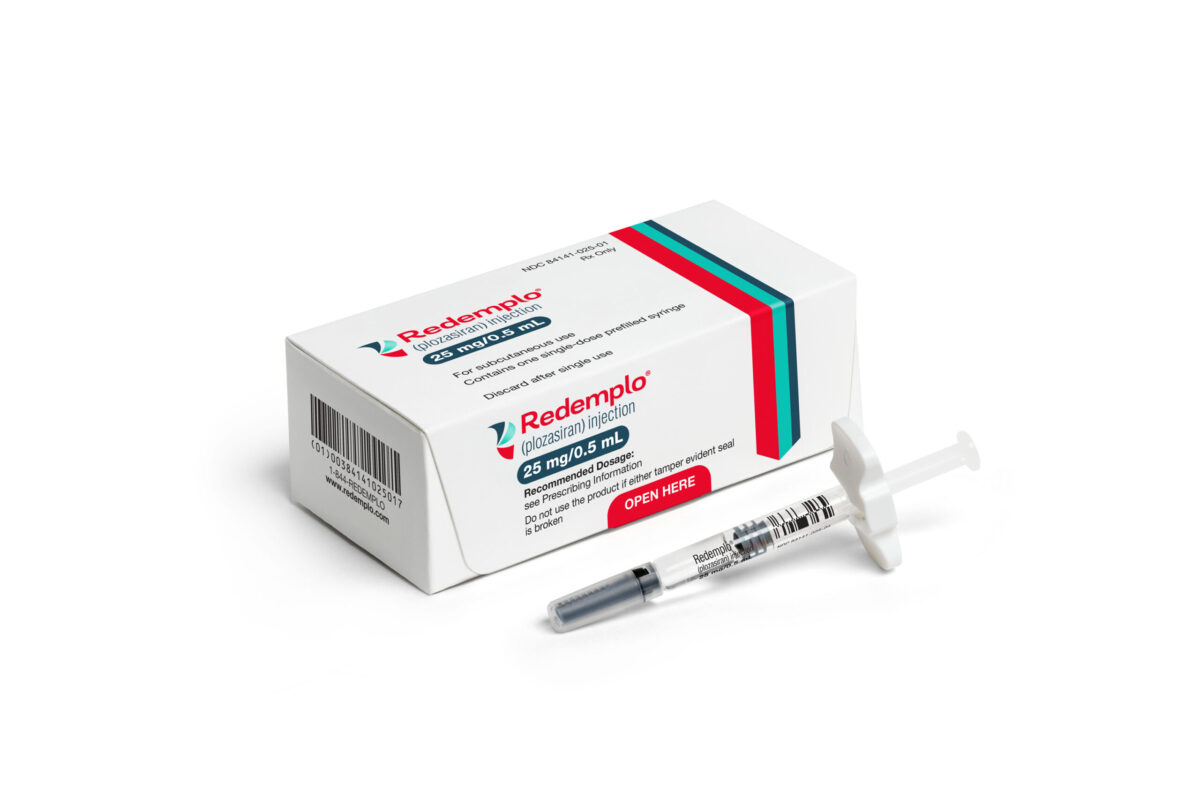The US Food and Drug Administration (FDA) has approved Zevra Therapeutics’ Miplyffa (arimoclomol) in combination with Johnson & Johnson’s enzyme inhibitor Zavesca (miglustat) for the treatment of Niemann-Pick disease type C (NPC), a rare lysosomal storage disorder.
This is a huge win as Miplyffa is the first approved treatment for the rare neuron disease.
It is estimated that 900 people are living with NPC in the US, of which approximately one-third have been formally diagnosed with this ultra-rare, relentlessly progressive and fatal neurodegenerative disease.
NPC is a rare genetic disorder that leads to progressive neurological symptoms and organ dysfunction. It is caused by mutations in either the NPC1 or NPC2 gene, disrupting the normal transport of cholesterol and other lipids within cells. This cellular malfunction leads to the buildup of cholesterol and other lipids in the liver, spleen or lungs, resulting in organ damage. Individuals affected by this devastating disease have an average life expectancy of just 13 years.
The disease can significantly impact an individual’s speech, cognition, swallowing, movement and fine motor skills.
Zevra also won a priority review voucher along with the approval for Miplyffa. It also received FDA Orphan Drug, Rare Pediatric Disease, Fast Track and Breakthrough Therapy designations for its application.
XTALKS WEBINAR: Operationalizing Innovative Biomarkers to Support Evolving Therapeutic and Diagnostic Landscape for Neurodegenerative Diseases
Live and On-Demand: Wednesday, October 23, 2024, at 11am EDT (4pm BST/UK)
Register for this free webinar to learn how a holistic understanding of the disease pathology of Alzheimer’s disease, Lewy body dementia and more — in both diagnostics and drug development — can drive accelerated therapies to patients in need.
“NPC is a serious disease that leads to enormous adverse impacts on patients and families. Despite extensive research efforts, there have not been approved treatments to meet the significant needs of patients,” said Janet Maynard, MD, MHS, director of the Office of Rare Diseases, Pediatrics, Urologic and Reproductive Medicine (ORPURM), in the FDA’s Center for Drug Evaluation and Research (CDER). “The first-ever approval of a safe and effective drug option for NPC will undoubtedly support the essential medical needs of those suffering.”
The safety and effectiveness of Miplyffa were evaluated in a 12-month-long, randomized, placebo-controlled trial in patients two to 19 years of age who had a molecularly confirmed diagnosis of NPC. In the trial, 76 percent of patients in the Miplyffa group and 81 percent in the placebo cohort received miglustat as background treatment.
Compared to placebo, Miplyffa led to a slower disease progression as measured by the rescored 4-domain NPC Clinical Severity Scale (R4DNPCCSS) score, which examines relevant metrics identified for NPC patients, including ambulation, speech, swallowing and fine motor skills.
Specifically, the Miplyffa and miglustat combo led to a 0.2-point decrease from baseline on the R4DNPCCSS. Patients in the placebo group, on the other hand, experienced 1.9 points of progression on the scale.
Miplyffa is taken orally three times a day with dosing dependent upon a patient’s body weight.
Related: Sebetralstat Gets NDA Accepted by FDA for Hereditary Angioedema
Miplyffa was initially turned down by the FDA back in 2021. That submission was accompanied by data from just one clinical trial that used a different measure of disease severity known as the 5-domain NPC Clinical Severity Scale (5DNPCCSS).
The FDA issued a complete response letter to Zevra for its application in which it questioned the interpretability of this scale in terms of its validity and reliability. In December 2023, Zevra went back to the FDA with a rescored scale and additional results from its study.
The FDA’s Genetic Metabolic Diseases Advisory Committee convened in the summer and voted 11 to 5 in favor of the efficacy of Zevra’s drug. However, some panel members were still not convinced of its efficacy.
“I voted yes but it was a very reluctant yes,” private consultant Jonathan Mink, MD, PhD, said during the meeting. “I found the effect size to be small and the strength of the data to be weak, but overall the bulk of the data favored a slightly positive effect.”
In the end, many committee members took into consideration the high unmet need in NPC as the reason for voting in favor of the treatment.
Zevra said the list price of Miplyffa will be, on average, about $1.02 million a year. Pricing is weight-based, so will vary between $480,000 and $1.26 million, the company explained.
To assist individuals with NPC to access the drug, Zevra has launched a patient support program called AmplifyAssist. Among some of its features, Zevra said the program will include personalized insurance coverage education and support, and copay and alternate funding assistance.
While Miplyffa will be the only treatment for NPC with neurological manifestations on the market, Sanofi has an infusion called Xenpozyme for non-central nervous system manifestations of Niemann-Pick, also known as acid sphingomyelinase deficiency (ASMD), which got an FDA green light in 2022.
Zevra said it expects Miplyffa to be available in US pharmacies in the next eight to 12 weeks and is gearing up for launch activities immediately.
If you want your company to be featured on Xtalks.com, please email [email protected].












Join or login to leave a comment
JOIN LOGIN